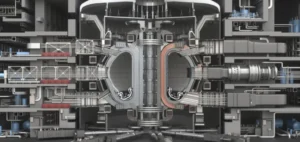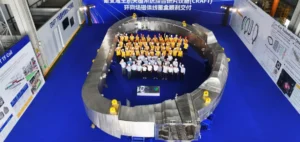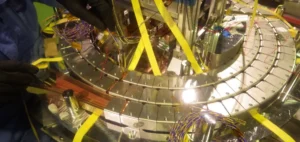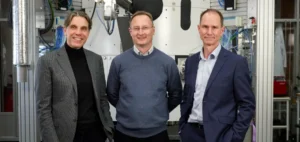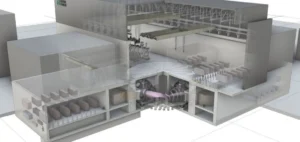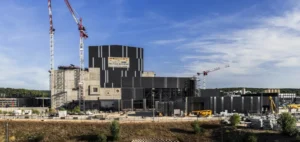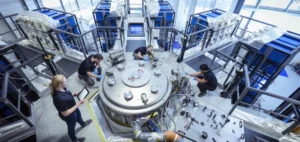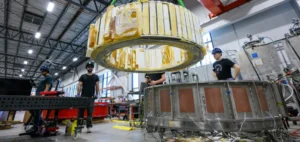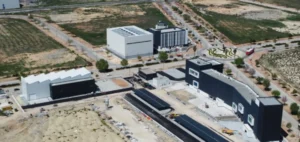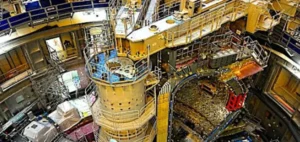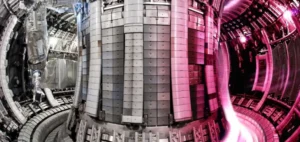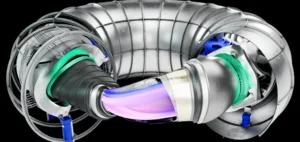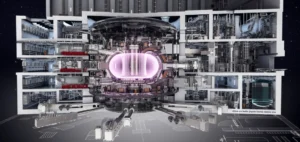The global energy transition reached a new milestone, with record investments of $7 billion in fusion energy in 2024. According to a report by ABI Research, companies seeking reliable and sustainable energy solutions are increasingly turning to innovative technologies such as Small Modular Reactors (SMR). These reactors, compact and flexible, cater to various energy needs, ranging from data centers to heavy industries.
The year 2024 also saw a growing adoption of renewable energy. In China, solar and wind installations exceeded those of the rest of the world, now accounting for 37% of the country’s energy capacity, or 758 gigawatts (GW). An additional 339 GW is currently under construction. In Europe, solar output rose by 15%, driven by increasingly affordable photovoltaic units.
Innovations and Strategic Projects
Technological advancements have played a critical role in the energy transition. Artificial Intelligence (AI)-enabled systems now optimize the management of renewable assets, while drones facilitate operations in offshore wind farms. Simultaneously, microgrids are expanding rapidly: more than 21,000 units are operational globally, with a strong concentration in Sub-Saharan Africa.
Global-scale projects also support this momentum. In Australia, the government approved the Australia-Asia Powerlink project, aiming to deliver up to 6 GW of electricity to Singapore and Darwin. In Belgium, Engie launched the construction of an 800-megawatt-hour (MWh) battery park, while Intersect Power in the United States secured funding for 1 gigawatt-hour (GWh) of energy storage in Texas.
Renewed Interest in Industrial Sectors
Agriculture, construction, data centers, and the mining industry are showing renewed interest in innovative energy approaches. For instance, Enel North America signed the largest solar grazing contract in the United States, while Microsoft concluded a landmark deal to power its data centers using fusion energy and other sources.
The outlook for 2025 remains promising, with increasing attention directed toward intelligent and sustainable energy solutions.



